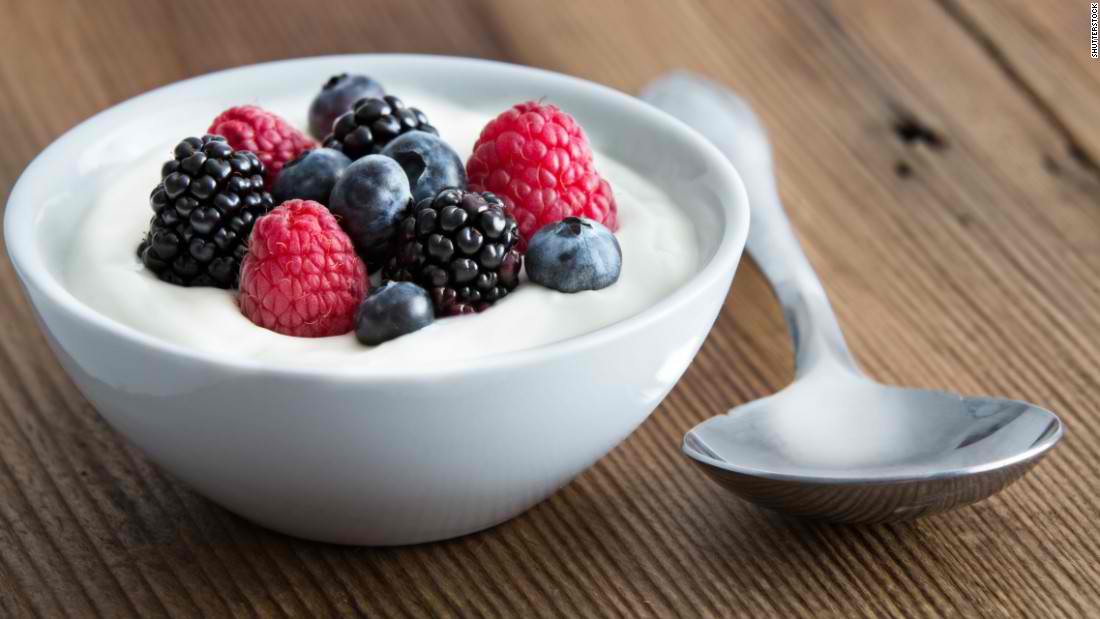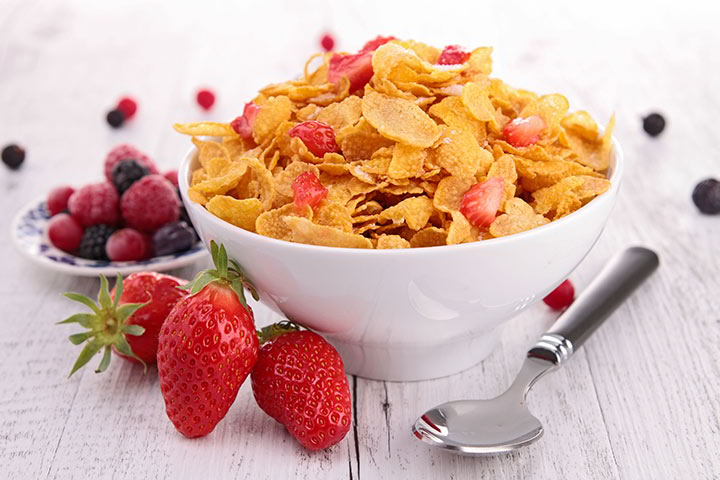Breakfast is considered an important meal because it breaks the overnight fasting period. It boosts the body’s energy level and restores the blood glucose level to normal after the overnight fast. It also provides a significant proportion of the day’s total nutrient intake and keeps energy levels up throughout the day.
Why You Shouldn’t Skip Breakfast
Research shows a link between eating breakfast and good health that is why it is important not to skip breakfast. Breakfast provides the essential nutrients you need for the day such as protein, folate, iron, B vitamins, and fiber. Breakfast also helps you burn calories because it kick-starts your metabolism. In addition, breakfast influences how we perform physically and mentally. Eating food in the morning not only fuels the body until lunchtime but actually gives your brain the essential energy to function and focus better on tasks. Studies show that students who eat breakfast do better in school.
Breakfast also helps control the appetite. Studies have found that breakfast skippers take snack more often; eat more sugary and high-fat snacks; drink more soda; are more likely to overeat at night; and are more often overweight or obese than breakfast eaters. A good breakfast will make you less grumpy during the day because eating in the morning gives the body the essential boost to get you going. The best breakfasts are low in carbs and fat, and high in protein and fiber. Breakfast that has protein added to it is what creates that satiety and prevents snacking later on.
Here are the top 5 Food for Breakfast
Eggs

Eggs are undeniably healthy and delicious. An egg store significant amounts of protein and choline. Every egg provides about 6 grams of muscle-building, fat-quashing protein. The egg yolks are one of the best sources of choline. Choline is a nutrient that is vital to brain and liver health. It is typically contained in prenatal vitamins because it is so important to neurological development. Studies also found that eating eggs during breakfast increases feelings of fullness, helps maintain steady blood sugar and insulin levels and reduce calorie intake at the next meal. Eating whole eggs may also reduce heart disease risk.
Oatmeal

Oats are among the healthiest grains on earth. It provides important minerals like thiamin, magnesium, phosphorus, zinc, manganese, selenium, and iron. Oats are also rich in antioxidants, which protect their fatty acids from becoming rancid. These antioxidants may also help protect heart health and decrease blood pressure. The fiber in oatmeal also eases constipation and helps you feel full and eat less later on during the day.
Nuts

Eating nuts like peanuts, cashews, and almonds for snacks make for a crunchy way to add more protein and healthy unsaturated fats to your diet. Nuts are tasty, satisfying and nutritious. Nuts contain high levels of unsaturated fat. It helps lower the bad cholesterol and helps maintain good cholesterol. Research also shows that nuts reduce heart disease risk factors, insulin resistance and decrease inflammation. Nuts are a great addition to breakfast because they are filling and help prevent weight gain.
Yogurt

Yogurt is a popular dairy product that’s made by the bacterial fermentation of milk. It also contains some key nutrients for maintaining bone health, including calcium, protein, potassium, phosphorus and, sometimes, vitamin D. There is some evidence which shows that the probiotics found in yogurt can help boost the immune system and promote a healthy digestive tract.
Breakfast Cereals

Breakfast Cereals are food product made from processed cereal grains. It can sometimes be mixed with milk, yogurt, or fruit. Breakfast cereal is often fortified with vitamins and minerals. This means that nutrients are added to make it more nutritious. Having breakfast cereal is a good opportunity to add calcium to the diet if you serve it with milk or yogurt.
